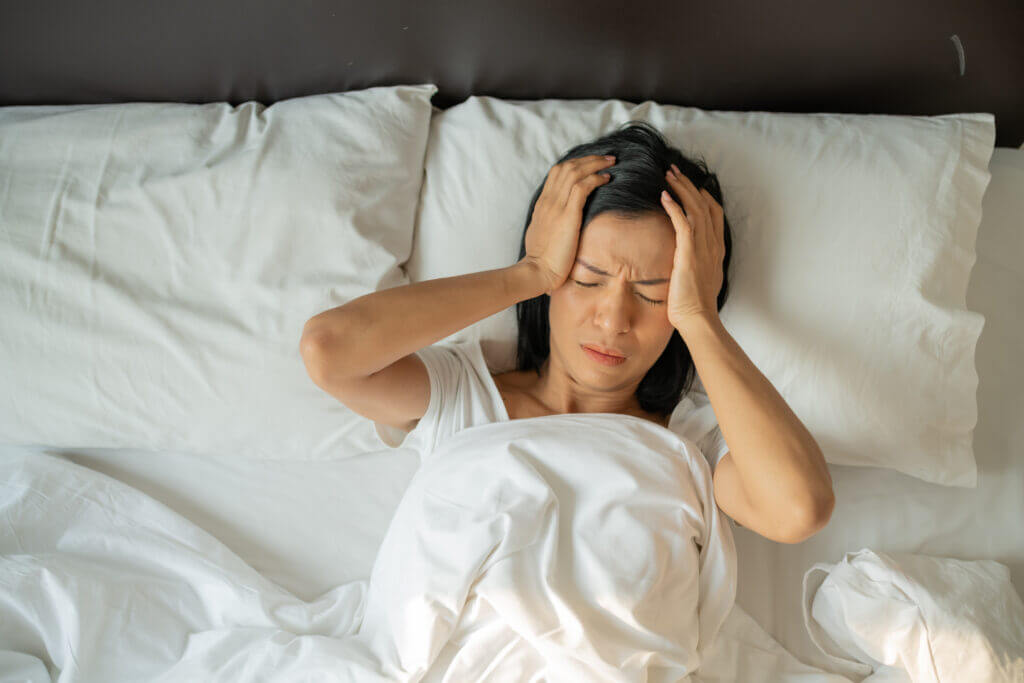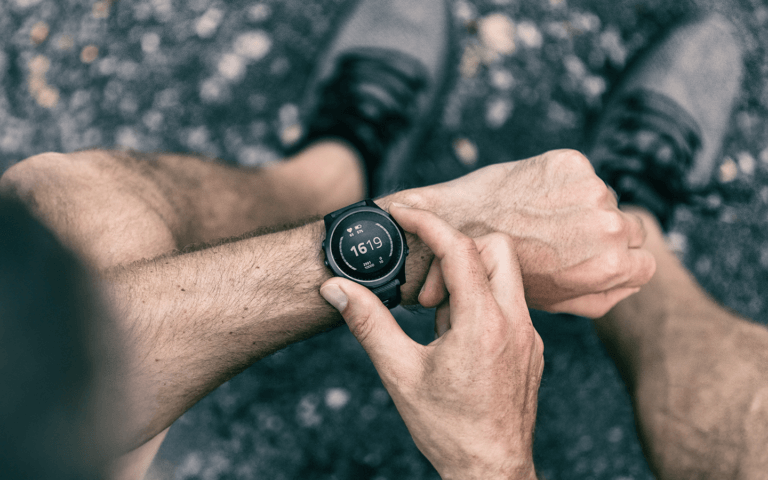Author: Claire Barnes
Bedtime fails, we all have them sometimes. Getting a good night’s sleep is important for many aspects of our health, including our energy levels, ability to repair, detoxification, immune health, and our mental wellbeing. In contrast, poor sleep has been linked to many disorders such as cardiovascular disease, obesity, impaired immune functioning and even loneliness. (1)
Unfortunately, there is an increasing level of sleeping problems in the UK, with one study suggesting an increase from one in six people in 2018/2019 reporting poor sleeping patterns, to one in four in 2020. (2)
There are a number of well-known steps that can be taken to improve sleep hygiene, such as ensuring the bedroom is dark, drinking camomile tea, and turning off all screens two hours before heading to bed. For optimal sleep, however, consider implementing these other more surprising factors that might just make all the difference to improve your overnight rest and recovery. So let’s take a look at some common bedtime fails.
1- MATTRESS MATERIALS
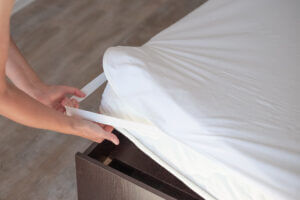
Clearly, a good mattress should be comfortable and supportive to enable a sound night’s sleep, however there could be an even more important health consideration which many don’t think about; ‘what is our mattress made of?’
It’s understood that mattresses release minute amounts of gaseous chemicals called Volatile Organic Compounds (VOCs). (3) These VOCs originate mainly from polyurethane used in mattresses, but also from other chemicals used in flame retardants and plastics.(3) A study in mice which tested the VOCs from four different mattresses found that some had the potential to cause breathing issues in the mice.(4) The worst culprit among the mattresses was a polyurethane foam pad covered with vinyl, however the organic cotton padding actually improved breathing rates.
A more recent study published in 2019, suggested that the emission of VOCs from polyurethane mattresses was even higher whilst we’re asleep due to elevated body heat.(5) The authors of this study suggest that the best way to protect against VOCs is to maintain good ventilation inside your home, by opening windows and using fans. Whilst a brand-new organic cotton mattress may not be in reach for all of us, using an organic cotton mattress topper and letting some fresh air in could help support our respiratory health whilst we’re sleeping.
2- MICROBES LIVING IN YOUR GUT
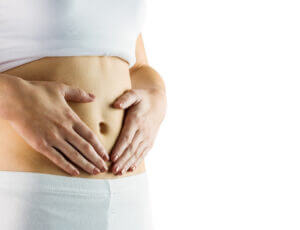
Growing evidence suggests that the microbes living within our digestive tract can have an influence on the quality of our sleep. A recent study found that those with a diverse gut microbiome had better sleep efficiency, longer total sleep time, and were less likely to experience sleep disturbances.(6) In addition, studies have also shown that taking live bacteria supplements can improve sleep quality.(7,8) I recommend a live bacteria supplement with lots of different strains, such as Bio-Kult Migréa which contains 14 different strains, plus magnesium and vitamin B6, both of which can help support our body to produce our sleep hormone melatonin.
3- VIGOROUS EVENING EXERCISE

Much evidence supports the notion that exercise improves sleep quality, however it appears that moderate physical activity could be more effective at improving sleep than vigorous activity.(9) One study found that mind-body exercise, such as yoga and Tai Chi significantly improved mood, mental health, and sleep in comparison to aerobic exercise.(10) Another study found that those who already struggled with insomnia fared better when exercising in the morning opposed to the evening.(11)
Exercising stimulates the sympathetic nervous system (fight or flight), and sleep relies on stimulation of the parasympathetic nervous system (rest and digest).(12) To improve sleep quality those undertaking exercise should also include parasympathetic activity, such as yoga, meditation, Tai Chi or breathing exercises to reduce the stimulation of the sympathetic nervous system before heading off to bed.
4- TOO MUCH TIME INDOORS

Unfortunately, our modern lifestyles can easily disrupt our natural sleep-wake cycles. If we spend the majority of our day indoors without exposure to good, strong daylight and then spend our evenings in well-lit rooms staring at bright blue-light emitting screens, we’ll clearly be upsetting our natural circadian rhythm. This can leave us feeling sleepy during the day and reduce our production of melatonin in the night, meaning we struggle to fall asleep.
Aim to get outside in the fresh air as much as possible during the day, especially in the mornings and turn off blue light emitting screens at least two hours before going to bed. Activating night-time mode and wearing blue light blocking glasses, as well as allowing only dim-lighting in the evenings could all help to improve sleep quality.
5- TOO LITTLE TRYPTOPHAN
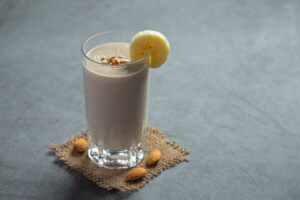
To produce melatonin, our body requires tryptophan, which is an amino acid obtained from certain proteins in the diet. Foods such as poultry, bananas, oats, seeds, and nuts are all good sources of tryptophan. Although not conclusive, some studies have shown improvements to sleep when consuming tryptophan-rich foods, especially when the individual already experiences some sleep disturbances.(3) Whilst we should avoid eating a large meal before bedtime, a small bowl of porridge containing bananas, seeds and nuts, or a banana and oat smoothie could potentially help to increase the amount of tryptophan available for conversion into melatonin.
6- LACK OF ROUTINE

Keeping to a regular routine during the day where possible may help us regulate our sleep hormones more effectively. This includes waking up within the same 90-minute window each day. Our sleep hormones rely on a finely balanced circadian rhythm, which is an internal process that regulates our sleep-wake cycle and is dictated largely by our exposure to daylight. The more our wake-up times fluctuate, the more our hormones will need to adjust, to catch up with us. For example, the stress hormone cortisol naturally increases in the morning to help wake us up, but if we have too much circulating in our blood later in the day, it may be harder for the sleep hormone melatonin, to have an effect. Having a routine keeps us calm and may prevent spikes in stress hormones and promote overall well-being.
Eating meals at similar times each day also ensures that we are stabilising appetite hormones, such as ghrelin and leptin, which can also impact our sleep. So, try sticking to a regular eating pattern of three main meals, rather than grazing throughout the day. It will allow our bodies a chance to control blood-sugar and keep energy levels balanced.
For a science-backed analysis of sleep from a living legend, ROSS EDGLEY’S STUDY OF SLEEP is sure to increase your bedtime know-how to epic proportions.

